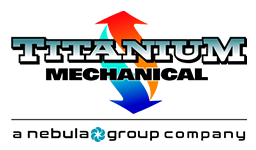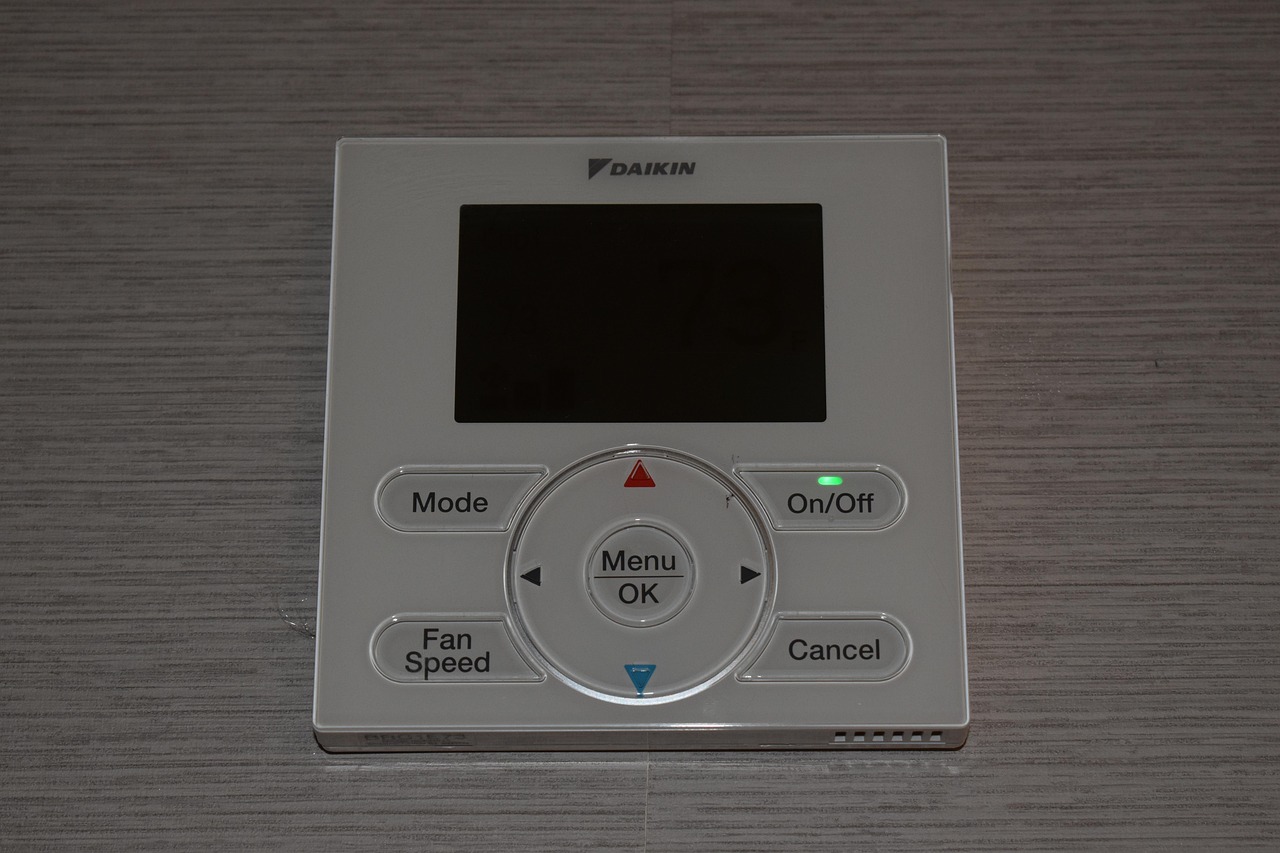Business owners face significant expenses when HVAC systems fail unexpectedly, often requiring emergency repairs during peak operating hours. Professional commercial HVAC service Toronto companies recommend proactive maintenance strategies that prevent costly breakdowns while extending equipment lifespan. Simple preventive measures can add years to your system’s life while reducing monthly energy costs substantially.
Smart Maintenance Scheduling
Regular maintenance prevents small problems from becoming expensive emergencies that disrupt business operations and customer comfort. Quality commercial HVAC service Toronto providers suggest creating monthly inspection schedules that catch issues before they affect system performance. Consistent attention to basic maintenance tasks saves thousands in repair costs while maintaining optimal indoor air quality.
Document all maintenance activities to track patterns and identify recurring issues that need professional attention. Keep detailed records of filter changes, cleaning schedules, and any unusual noises or performance changes you notice.
Filter Management Made Simple
Dirty filters force HVAC systems to work harder, increasing energy consumption while reducing air quality throughout your facility. Replace or clean filters monthly during heavy use periods, adjusting frequency based on your specific environment and occupancy levels. High-traffic businesses may need weekly filter attention, while smaller offices can often manage with monthly changes.
Choose the right filter grade for your system specifications rather than assuming higher ratings always work better. Overly restrictive filters can reduce airflow and strain equipment, creating problems instead of solving them.
Temperature Control Strategies
Programmable thermostats reduce energy waste by automatically adjusting temperatures when buildings are unoccupied or during low-activity periods. Set realistic temperature ranges that balance comfort with efficiency, avoiding extreme settings that force systems to work unnecessarily hard. Small adjustments of just two or three degrees can significantly impact monthly utility bills.
Train staff members to avoid constantly adjusting thermostats, as frequent changes prevent systems from operating efficiently. Establish clear guidelines about acceptable temperature ranges and who has authority to make changes.
Airflow Optimization Techniques
Keep vents and air returns clear of furniture, boxes, and other obstructions that restrict proper circulation throughout your space. Blocked airflow creates hot spots and cold zones while forcing equipment to run longer cycles to maintain target temperatures. Regular cleaning of vents and ducts improves air quality while reducing strain on system components.
Check ductwork connections periodically for loose joints or damaged insulation that waste conditioned air. Seal obvious gaps with appropriate materials, but leave major ductwork repairs to qualified professionals.
Professional Inspection Benefits
Annual professional inspections identify potential problems before they cause system failures or safety hazards in your workplace. Trained technicians spot issues that untrained eyes miss, like refrigerant leaks, electrical problems, or worn components approaching failure. These inspections often pay for themselves by preventing single expensive repairs that cost more than years of maintenance.
Professional cleaning services remove buildup that reduces efficiency and creates health concerns for employees and customers. Deep cleaning of coils, blowers, and ductwork restores system performance while improving indoor air quality significantly.
Warning Signs That Need Attention
Recognize early indicators that suggest your HVAC system needs professional diagnosis and repair services. Strange noises, unusual odors, or inconsistent temperatures throughout your building indicate problems that require immediate attention. Ignoring these warning signs often leads to complete system failures during the most inconvenient times.
Watch for these specific problems that always require professional intervention:
- Unusual grinding, squealing, or banging sounds from equipment
- Ice formation on coils or refrigerant lines during normal operation
- Water pooling around indoor or outdoor units
- Electrical burning smells or visible sparks from control panels
- Dramatic increases in monthly energy bills without usage changes
- Frequent cycling on and off without reaching target temperatures
Energy Efficiency Improvements
Upgrade older thermostats to programmable models that optimize energy usage based on your actual business schedule and occupancy patterns. LED lighting produces less heat than traditional bulbs, reducing cooling loads during warm weather while lowering electricity costs. Proper insulation around windows and doors prevents conditioned air loss that forces systems to work harder.
Consider zoning systems that allow independent temperature control in different areas based on specific usage needs. Conference rooms, storage areas, and customer spaces often have different comfort requirements that zoning addresses efficiently.
Long-Term Investment Planning
Budget for eventual equipment replacement by setting aside funds regularly rather than facing unexpected major expenses during system failures. Modern HVAC equipment offers improved efficiency and reliability compared to older systems, often paying for upgrades through reduced operating costs. Plan replacements during slow business periods when temporary disruptions have minimal impact on operations and revenue.

